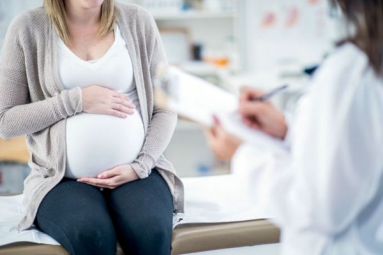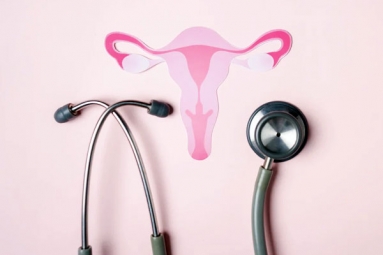
Breast-feeding may literally be good for the heart: A new study suggests that breast-feeding decreases the risk of heart diseases in women.
For the study, researchers have analyzed information from nearly 300,000 women in China. They found that those women who were moms and also had breast-fed were about 10 percent less likely to develop the heart disease and strokes during the period of study, when compared to the moms who had never breast-fed.
Although the new study cannot prove for sure that breast-feeding caused the women to lower the risk of heart disease and strokes, "these findings suggest that interventions to increase the likelihood and duration of breast-feeding could have persistent benefits to maternal cardiovascular health," the researchers stated in the 21st June issue of the Journal of the American Heart Association.
"Commitment from policy makers is needed to implement strategies in the health care system, communities and families, and the work environment that promote and support every woman to breast-feed," researchers said.
Many previous studies have suggested that the women who had breast-feed experience have received short-term benefits, like weight loss and lower cholesterol, blood pressure and also glucose levels.
But studies on the long-term benefits of breast-feeding on the women cardiovascular health have shown mixed results.
The study discovered that, overall, the mothers who breast-fed had a 9 percent lower the risk of heart disease and an 8 percent of the lower risk of stroke, compared to the mothers who had not breast-feed. Mothers who had breast-fed for two years or more had an 18 percent lower risk of the heart disease and 17 percent lower risk of strokes, than those who had never breast-fed.
The findings of the study held that even after the researchers had took into account factors that could affect the heart disease risk, such as smoking, high blood pressure, obesity and also diabetes.
Still, the study was not able to take into account certain factors like the women diet, that could affect the women risk of heart disease.
One of the previous studies in the United States found that only women who had breast-fed for at least two years had a lower risk of the coronary heart disease, compared with the women who did not breast-feed.
The American Academy of Pediatrics (AAP) recommends that exclusive breast-feeding for the first six months of infant’s life, meaning that the breast milk is only source of food for the child (along with the added vitamins and mineral supplements). After the baby reaches 6 months, the AAP recommends that mothers should continue breast-feeding until the infant reaches age 1, but that they should also introduce other foods during this time.
Breast Milk May Aid In Early Detection Of Breast Cancer
Mrudula Duddempudi.









